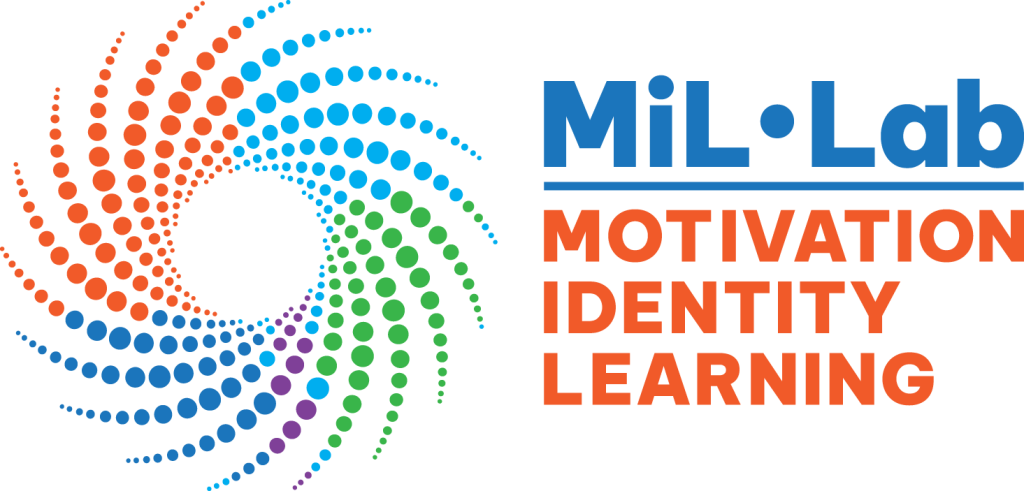
About the MiL·Lab
The Motivation, Identity, and Learning Lab (MiL·Lab), directed by Tony Perez, Ph.D., researches how students’ expectancies for academic success, values, and perceived costs shape their feelings of learning, belonging, and persistence. Our goal is practical: translate motivation science into design principles for courses and supports that help diverse students thrive from year one through graduation.
What We Study
Our research is guided by Situated Expectancy-Value Theory (SEVT), a motivational framework that emphasizes the role of context in shaping students’ confidence in their abilities and the value they assign to academic tasks. We also examine how identity-relevant barriers and supports shape student motivation across learning environments. Broadly, our work seeks to better conceptualize how motivation and identity development intersect, and how they can promote academic engagement, achievement, and persistence – particularly among students from historically underrepresented groups in STEM disciplines. We build on conceptual and theoretical foundations and apply these insights toward the design of learning environments and interventions that foster inclusivity and belonging – where all students can see themselves as capable, valued members of their fields.
What We Build
MilLab partners with instructors and programs across the country to design and test course-embedded supports and interventions that:
- Increase the perceived value of coursework and connects it to students’ identities and goals,
- Lower avoidable costs (e.g., opaque workload, unnecessary triggers),
- Increase feelings of self-efficacy and
- Create identity-safe, feedback-rich classrooms that reduce stereotype-threat cues and increase belonging.
Drawing on our profile work, we focus on early, gateway courses where small changes can shift trajectories.
How We Work
We have historically used mixed methods in our and collaborative studies: large enrollment course surveys, longitudinal designs, and advanced modeling (e.g., profile and growth analyses), paired with instructor interviews, student focus groups, and rapid-cycle design to evaluate what improves engagement, achievement, and persistence.
Work With Us
We are currently seeking undergraduate research assistants interested in gaining experience with data collection, coding, and analysis, as well as graduate students who want to pursue advanced research in motivation, identity, and educational psychology under the mentorship of Dr. Tony Perez.
If you’re curious, collaborative, and motivated to make a difference in students’ educational experiences – we’d love to hear from you. Click the button above!

Motivation • Identity • Learning